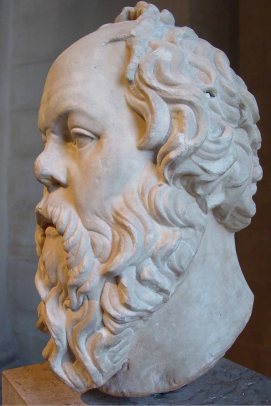In “Can we trust robots to make moral decisions?” Olivia Goldhill describes research by philosophers and computer scientists to program robots to make ethical decisions. One big reason for asking how to build an ethical machine is that “work on robotic ethics is advancing our own understanding of morality.”
Rawls
John Rawls: a failproof model for figuring out what is unfair
Good overview of John Rawls’ methods and philosophy. “Many of us feel that our societies are a little – or even plain totally – ‘unfair’. But we have a hard time explaining our sense of injustice to the powers that be in a way that sounds rational and without personal pique or bitterness. That’s why we need John Rawls (1921-2002), a twentieth-century American philosopher who provides us with a failproof model for identifying what truly might be unfair – and how we might gather support for fixing things.”
Philosophy … as relevant as the iPhone
Using three philosophers as examples, Nicholas Kristof explains we cannot dismiss the humanities. “These three philosophers influence the way I think about politics, immigration, inequality; they even affect what I eat. It’s also worth pointing out that these three philosophers are recent ones. To adapt to a changing world, we need new software for our cellphones; we also need new ideas. The same goes for literature, for architecture, languages and theology.”
Thanksgiving reflection on moral luck
Nicholas Kristof on “where is the love?” “For those who are well-off, it may be easier to castigate the irresponsibility of the poor than to recognize that success in life is a reflection not only of enterprise and willpower, but also of random chance and early upbringing.”
